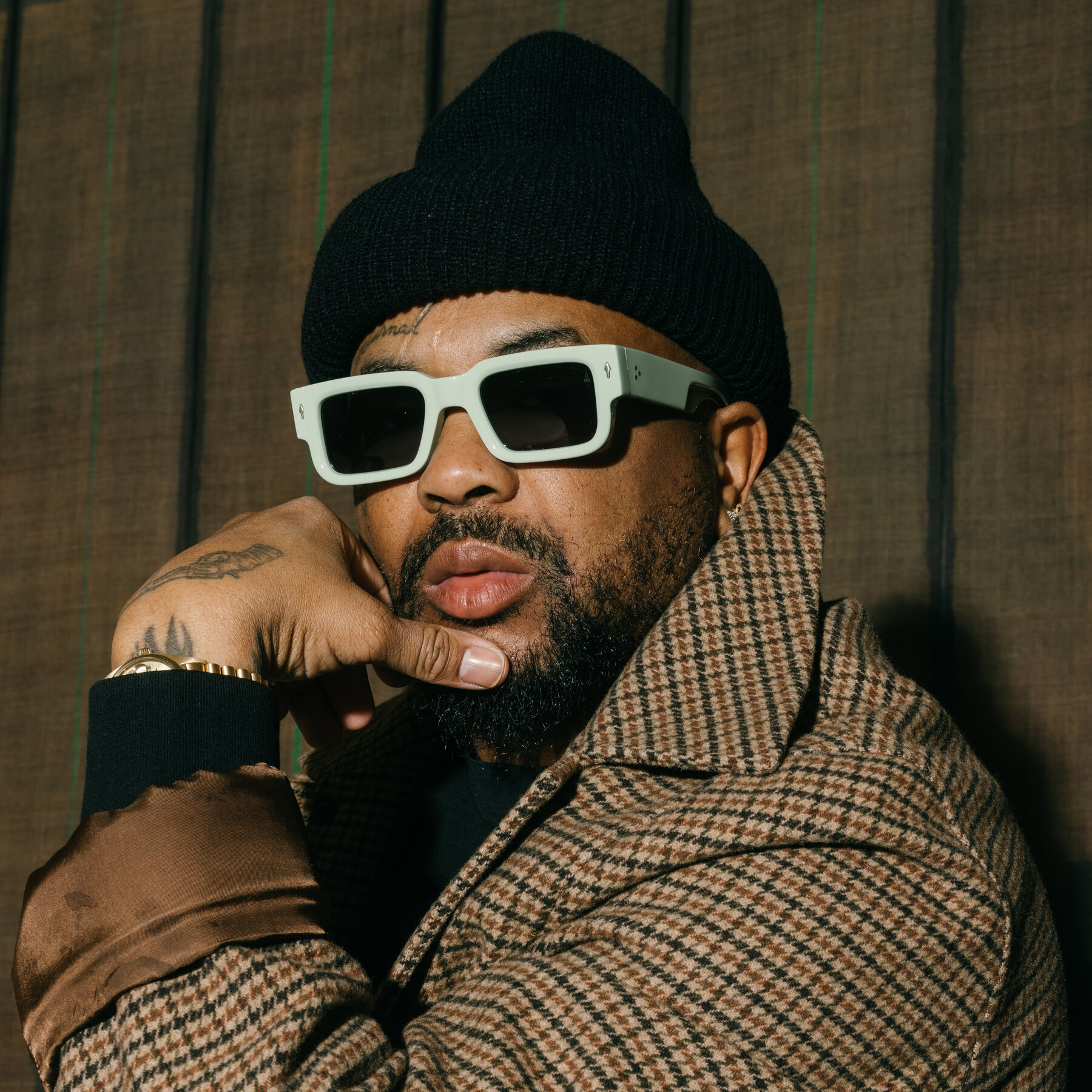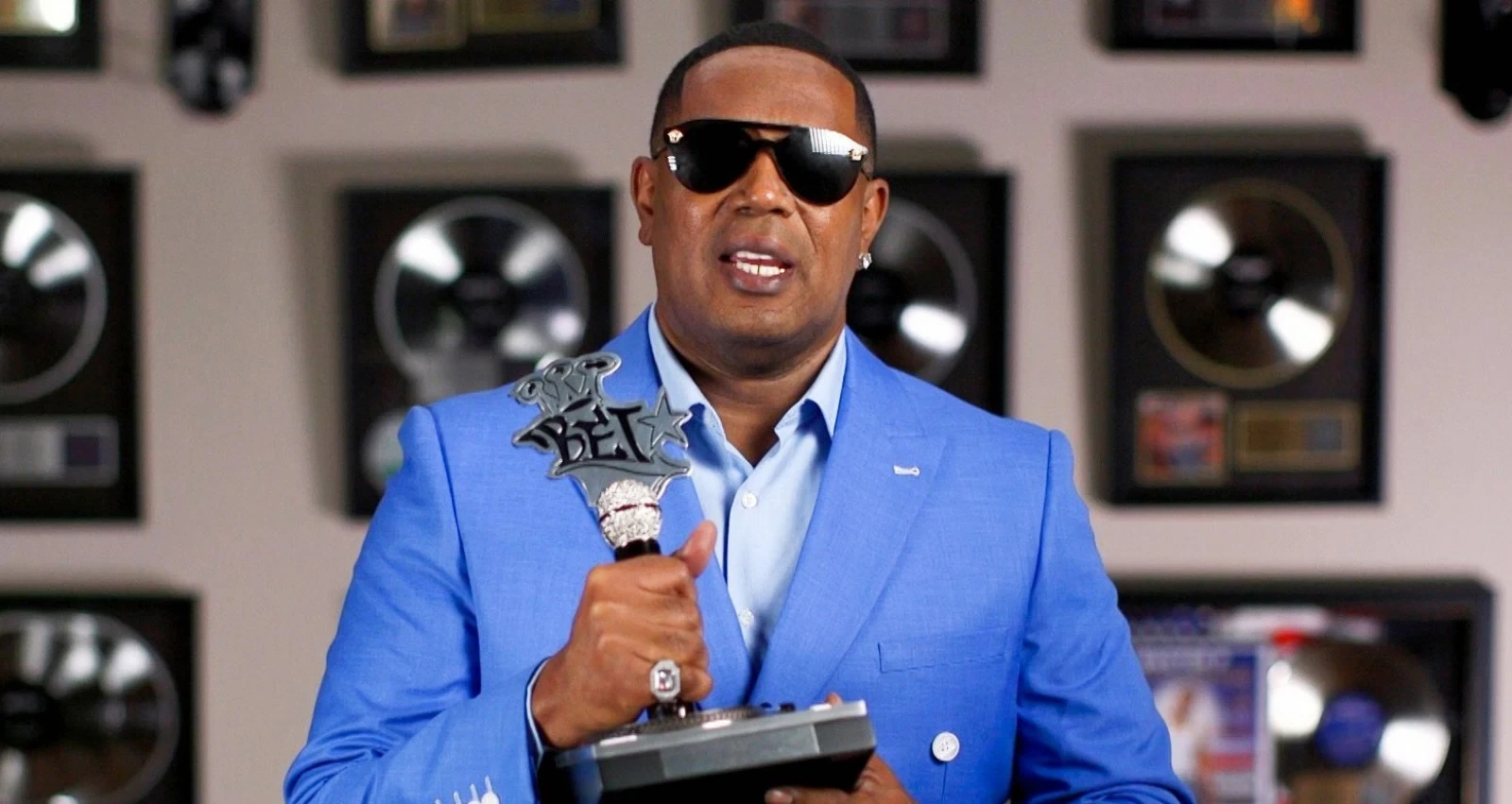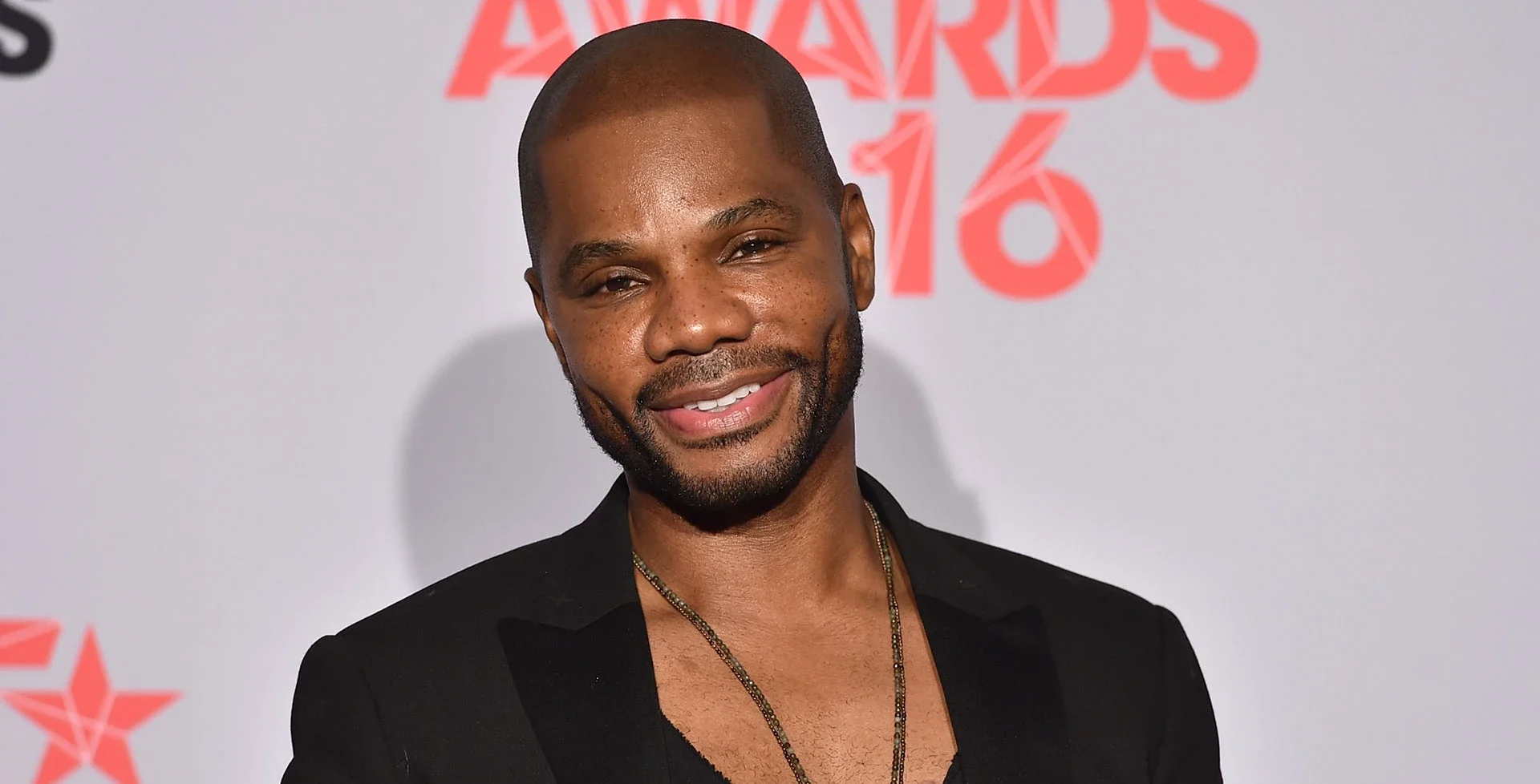In a dramatic twist to the high-profile case, The-Dream—the celebrated songwriter and producer—has filed a lawsuit in response to the serious accusations of sexual assault and rape leveled against him. The filing marks a dramatic turn in a case that has already stirred significant controversy and public interest.
The Allegations
The legal storm began when Mia Johnson, a woman who recently came forward with allegations against The-Dream(real name Terius Nash), accused him of sexually assaulting and raping her during a private encounter. According to Johnson, the incident occurred several months ago and left her deeply traumatized. She has sought both financial compensation and a court order for The-Dream to cease any further contact.
The-Dream’s Response
In a bold legal move, The-Dream has countersued Johnson, alleging defamation and seeking damages for the impact on his reputation and career. In the lawsuit, The-Dream argues that the accusations are unfounded and that they have caused significant emotional distress and harm to his public image. His legal team is pushing back strongly, describing the claims as a malicious attempt to tarnish his name.
“The-Dream is committed to clearing his name and restoring his reputation,” said his attorney in a statement. “These accusations are baseless and have been made with the intent to exploit and damage a successful artist’s career.”
The Legal Battle
The legal filings have introduced new elements to the case, as both sides prepare for a contentious courtroom battle. The-Dream’s lawsuit seeks to counteract the allegations by providing evidence and testimony that refutes Johnson‘s claims. His team is expected to argue that the accusations are not only false but also part of a larger scheme to gain financial compensation.
Public Reaction
The countersuit has added another layer of drama to the case, drawing significant attention from fans, critics, and media alike. Social media is ablaze with reactions, as people weigh in on the unfolding legal drama. Supporters of The-Dreamare rallying behind him, while others are divided, questioning the validity of the claims and the counterclaims.
The hashtag #JusticeForTheDream is trending as fans express their support, while #TheDreamAccused is also gaining traction as people discuss the serious nature of the allegations. The case has become a hot topic, with many following every development closely.
Impact on Career
The lawsuit has already had an impact on The-Dream’s career. While he remains a prominent figure in the music industry, the allegations and legal battles are casting a shadow over his public persona. The outcome of the case could significantly affect his future projects and collaborations.
As the legal proceedings unfold, all eyes will be on how the court handles the complex and sensitive issues at hand. The case is poised to be a significant test of both the legal system’s handling of such accusations and The-Dream’s ability to navigate this tumultuous period in his career.
Stay tuned for more updates as we continue to follow the legal battle between The-Dream and Mia Johnson, bringing you the latest on the lawsuit and the ongoing developments in this high-stakes drama.
Mangro’s allegations against The-Dream
Mangro claims she traveled to Los Angeles in February 2015 to record her debut album. On their first night in the studio, The-Dream allegedly forced her to consume excessive amounts of alcohol and marijuana. She also says he pressured her into having sex, telling her that intimacy was “part of the process” and that he could only write successful songs for her if she “explained everything to him.” According to the lawsuit, The-Dream took Mangro to a bedroom and had sex with her, leaving and coming back several times throughout the night to continue.
The complaint says Mangro went back to her hotel, confused but tried to stay positive, believing this was her big chance. During her time in Los Angeles, whenever they worked together in the studio, The-Dream allegedly expected her to make herself available for sex whenever he asked.
The Challenge of Breaking the Silence
Despite the fear and shame surrounding sexual assault, many women still find the courage to speak out. Research shows that about two-thirds of rape victims tell at least one person about their assault (Golding, Siegel, Sorenson, Burnham, & Stein, 1989; Fisher, Degle, Cullen, & Turner, 2003; Ullman & Felipas, 2001; Ullman, 1996a, 1996b, 1996c). However, sharing their experiences does not always lead to support. Studies show that survivors often face harmful social reactions from friends, family, and community systems. This includes direct blame or distrust (Davis, Brickman, & Baker, 1991; Golding et al., 1989; Ullman, 2000) as well as well-meaning responses that still hurt—such as being told to keep quiet or being treated disrespectfully (Herbert & Dunkel-Schetter, 1992; Suderth, 1998). One-quarter to three-quarters of survivors experience at least one negative reaction from people they trust (Campbell, Ahrens, Wasco, Cephal, & Barnes, 2001; Golding et al., 1989; McAuslan, 1998; Philippas & Ullman, 2001).
Therefore, speaking out can cause additional trauma. When survivors are faced with distrust or judgment, it can silence them again. Women who initially decide to share their stories may hold back for fear of further emotional damage. Being blamed, ignored, or told to “move on” often silences survivors’ voices and robs them of their power.
Kobe Bryant Case: Allegations and Investigation
Eagle County Sheriff’s investigators questioned Kobe Bryant on July 2 about the sexual assault claim. During that 2003 interview, Bryant initially denied having sex with the 19-year-old hotel employee who accused him. When investigators pointed to physical evidence, such as semen, he admitted to having sex but said it was consensual. When Bryant was asked about the bruise on his neck, Bryant admitted to “choking” her during the encounter, explaining that he had held her from behind and that choking her was his “thing.” He mentioned having done the same thing to another partner in the past. When asked about the force he used, he said, “My hands are strong. I don’t know.” Bryant claimed that she consented based on her body language.
Officers collected evidence, and Bryant agreed to a rape test kit and a voluntary polygraph. On July 4, Sheriff Joe Hoy issued an arrest warrant. Bryant traveled from Los Angeles to Eagle, Colorado, surrendered to police, and was released on $25,000 bond. News of his arrest came two days later. On July 18, prosecutors charged him with sexual assault — a conviction that could mean probation or even life in prison. That same day, Bryant publicly admitted to the incest but denied rape, insisting the sexual encounter was consensual.








Comments